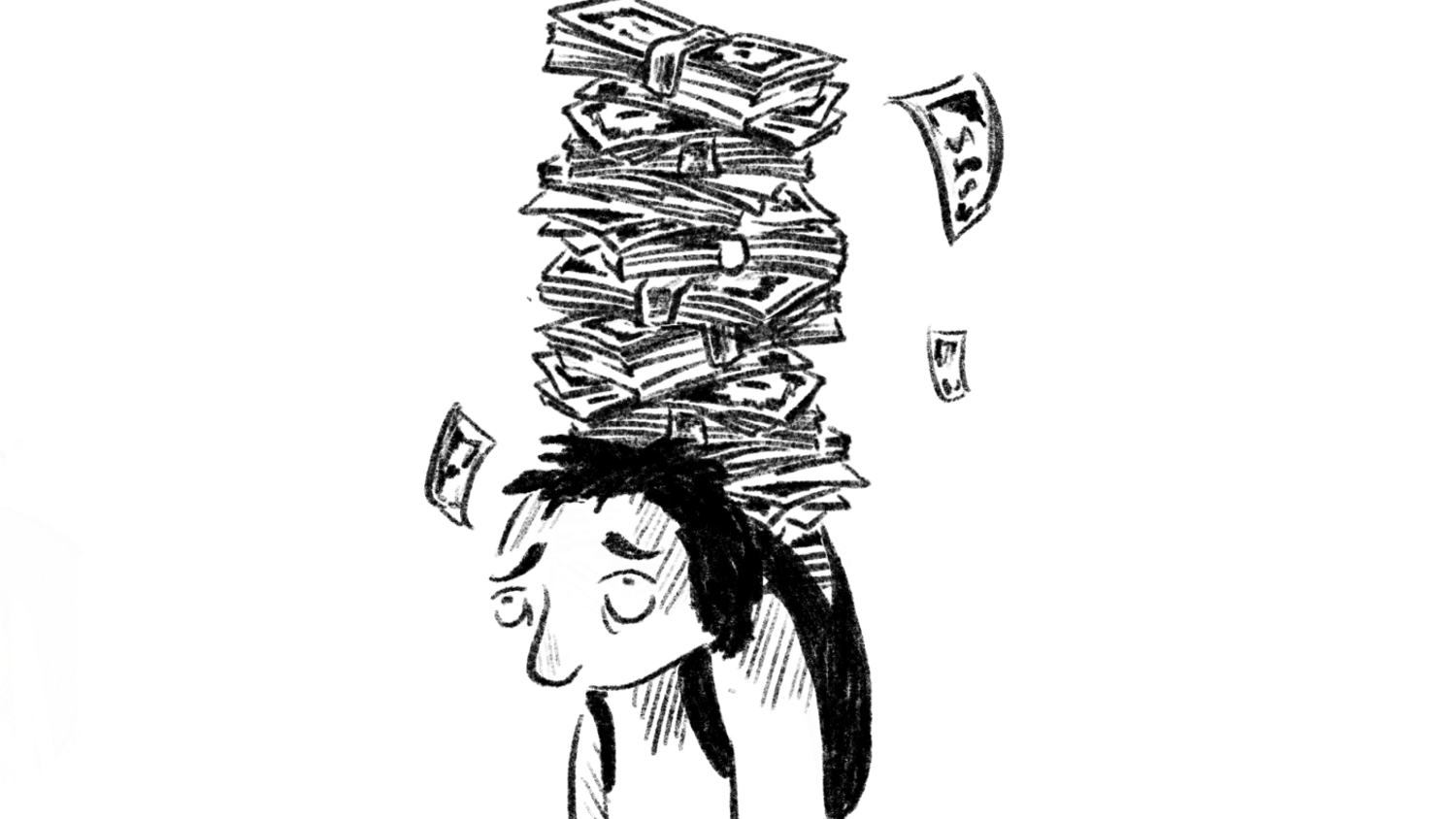Author: Megan O'Keefe and Virginia Harper
College Students Love Bush
College students are more likely to register as Republicans and support President Bush than the general public, according to a survey released on Oct. 22 by Harvard University's Institute of Politics.
In a nationwide poll of 1,202 undergraduates, 61 percent said they approve of Bush's performance as president, compared to 53 percent of all voters. Survey respondents were critical of President Bush's foreign policy, with 87 percent saying that "members of the Bush administration" have been "hiding some things" or "mostly not telling the truth" about the situation in Iraq.
The survey results also revealed that 81 percent of college students intend to vote in the 2004 election, a number that could affect the outcome of next year's presidential race.
Democratic college students slightly favored Senator Joseph I. Lieberman, D-Conn., over former Vermont Governor Howard Dean, 17 percent to 16 percent. But Dean's supporters, the survey concluded, are more involved in the campaign with 71 percent willing to volunteer for his campaign, compared to 49 percent of Lieberman's supporters.
Democratic candidate Retired Gen. Wesley K. Clark trailed in the poll with nine percent, and the Rev. Al Sharpton, followed with eight percent.
Despite increased attention to the youth vote, college students have traditionally been viewed as unreliable when it comes to turning out on Election Day. Only 35 percent of college students cast ballots in the 2000 presidential election.
Source: Harvard Crimson
U.S. Resumes Fulbright Scholarship for Iraqi Students
Deputy Secretary of State Richard Armitage announced last week that the United States would extend Fulbright scholarships once again to allow Iraqis to study in the United States after more than a decade of the program's absence in Iraqi education.
"In a 5,000 year history of intellectual distinction, it is only the last generation of Iraqis who were denied the freedom to learn," said Armitage. The program was suspended in 1988 because of the Iraqi war with Iran.
Iraqi students may arrive in the United States as early as January with the selection process taking place in December. Twenty Iraqi graduate students will be educated in fields such as law and public health. Armitage said that the Iraqi government is encouraging academic pursuits in technology, the sciences, law, education and public administration in order to educate an academic elite to help rebuild the country and establish a new government. He also spoke of the "politicized and dangerous environment" of education under the regime of Sadaam Hussein, adding, "The people of Iraq are hungry to re-engage with the international community."
The United States hopes to offer short-term Fulbright scholarships to American students wishing to study in Iraq. The program could begin as early as the summer of 2004.
Source: CNN.com
Report of Union Debate at Yale Uncovers
Threat to Freedom of Expression
The national debate over the unionization of graduate student teaching assistants at Yale University became more volatile this week when the University issued a report from a six-member panel created especially to vocalize the opinions of both sides.
The report describes the experiences of union organizers who were threatened and intimidated by members of the academic faculty who oppose the creation of a union for teaching assistants.
Many, like Dr. Fran Balamuth, a former Yale medical school student, have faced criminal charges because of their protest efforts. Balamuth was arrested last year after handing out informational leaflets in front of the Yale-New Haven Hospital. The charge of criminal trespassing was later dropped.
The report details serious threats extended to students by Yale employees. According to the findings, faculty threatened to not write recommendations for students who supported the union - a move that could harm their future academic pursuits. International students said they feared the revocation of student visas if they supported the union movement.
While it is impossible for members of the panel to determine the severity of the problem and the validity of individual claims, they wrote, "even if the reports we heard at the forum are exaggerated or mistaken, everyone connected at Yale should be alarmed by the apparent level of distrust, which cannot serve the interests of any segment of the community, and which is inimical to reasoned discourse."
While Yale University has vehemently opposed the formation of the union, the administration promises to deal with any proven cases in which students - and freedom of expression - were threatened by faculty.
Even student groups opposed to the union see the findings of the report as alarming. Said James Terry, president of At What Cost?, a group opposed to the union, "Differences of opinion have to be respected. If even one of these cases should be true, that's something people at all university should be concerned about."
Source: New York Times
College Shorts
Comments



